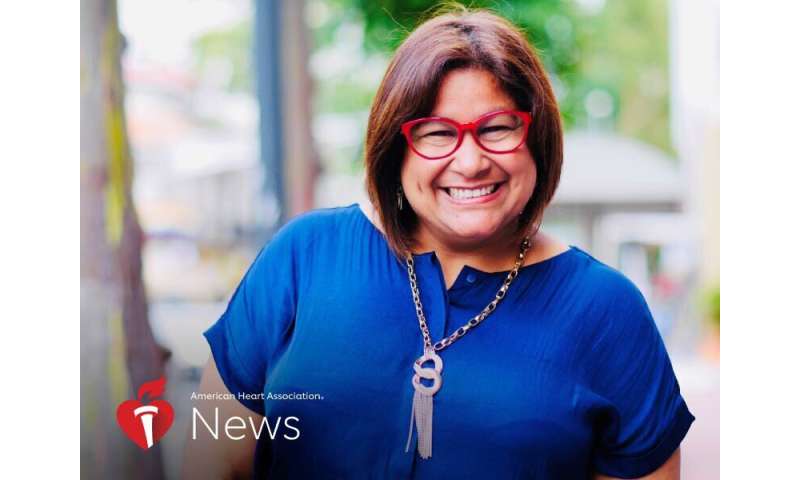
Justo Méndez Arámburu’s idea to start a nonprofit alternative school in Puerto Rico came to him in a dream.
His 15-year-old daughter, Ana Mercedes, who had died in a car accident a few months earlier, appeared to him and encouraged him to open a school. “How would I do that?” asked the confused father, who was not an educator at the time. His daughter asked him to have faith and call it Nuestra Escuela, or Our School.
That was 20 years ago. Since then, Nuestra Escuela has graduated about 2,500 students, ages 13 to 22.
With a holistic approach to teaching disadvantaged students, the school uses a participatory democracy model that allows students to drive the curriculum and work on projects that interest them. While teaching core academics, it offers arts, sports and entrepreneurship, and provides students with the socioemotional support they need to succeed.
“When my husband told me about his dream, it was the first time I saw his eyes light up since Ana Mercedes died, so I said let’s do it because if this project helped him get the memory of Ana Mercedes back, he would stand up again,” said Ana Yris Guzmán, who was a psychologist when they co-founded the school.
“This is why I have to describe our school as a healing project because it has not only healed the thousands of families we have served, but the first family it saved was ours.”
When Nuestra Escuela first opened, it focused on dropouts. When the school began working with young mothers who had dropped out, it added a child care center for their babies. Now, it has night classes for adults who have not completed high school and also offers job training and placement.
Militza Morales, a young mother of two, dropped out in 11th grade. At Nuestra Escuela, she prepared for and took her high school equivalency exam in 2002.
“I fell in love with the school because of the emotional aspects,” she said. “It opened my horizons. It made me want more out of life. Ana Yris, without knowing me, gave me that space, that trust, and that assurance that I was in the right place. I felt loved and really looked after from day one, so I really do believe in the program.”
Nuestra Escuela changed the trajectory of her family’s life.
After her children turned 13, they also enrolled in the school. Later, after completing secretarial school, Morales landed a job as the school’s receptionist. Eight years later, she earned a degree in social work and was promoted to social worker.
“These students are facing many difficult situations, and I wanted to help them,” she said. “I wanted to study something that would allow me to go further with them.”
One of the projects that Nuestra Escuela students are working on this year is opening a sustainable first response center. A grant from the American Heart Association’s EmPowered to Serve Business Accelerator program will help buy solar panels for it.
The program helped guide them in making a video about the center, Guzmán said. “The classes have helped us understand our brand and establish a product story, so now we have this great video to help us look for more resources.”
The idea for the center came about in the wake of Hurricane Maria, the Category 5 storm that hit Puerto Rico in 2017. In its aftermath, Nuestra Escuela set up spaces to serve as a kitchen for the community, since many had nowhere to get a hot meal or a place to refrigerate their food and insulin to treat their diabetes. In an emergency, Guzmán said Nuestra Escuela wants its center to be the community’s point of reference for these essential needs.
Like Morales, about 25% of Nuestra Escuela’s staff are alumni. And there’s a reason for that. Eventually, Guzmán and Arámburu intend to leave the school for them to run.
Source: Read Full Article
